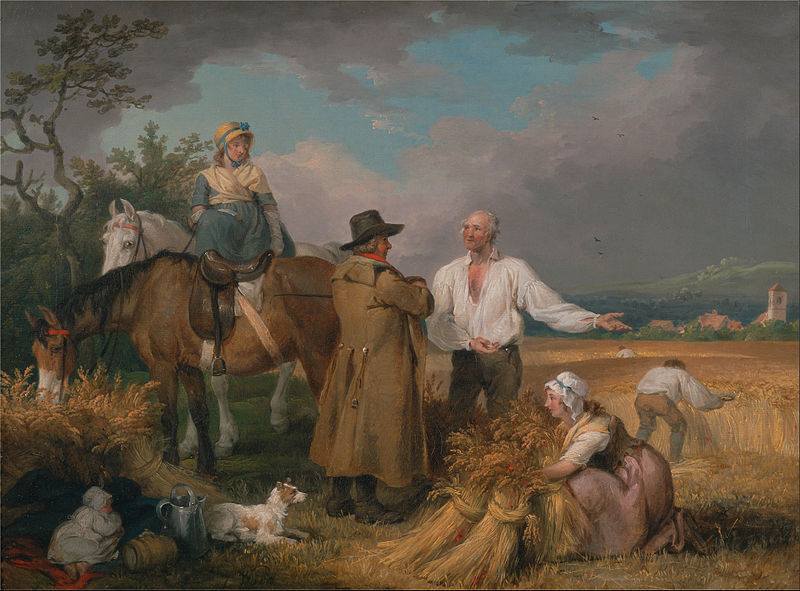Why the State Cannot Substitute the Family
The State can never substitute the family especially in the formation of children. Sociologist Carle Zimmerman notes that “the parent who prevents a baby from swallowing a safety pin, keeps him from high places, warns a child daily about crossing the street” and other protective functions, “does more protecting of a family member than the … Read more










